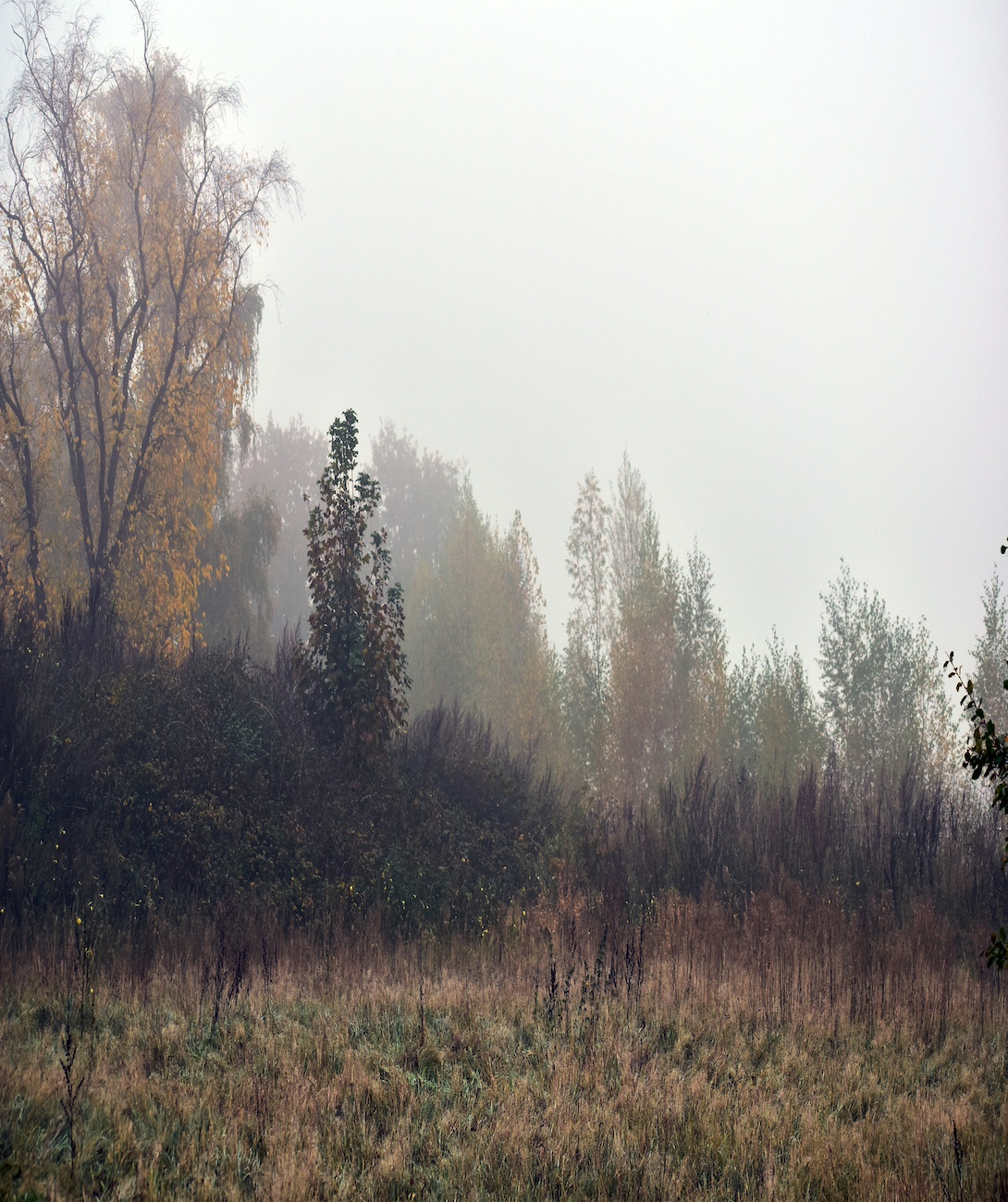One of the most important things you can do is making sure your heating and boiler are working properly before it gets cold.
If you are customer who rents their property from us, then we carry out annual gas safety checks in your home. If your check is due, please keep your appointment. These checks are legally required and important for your safety. If you’ve missed your appointment or need to change it, get in touch to rebook it as soon as possible.
If you’re a shared owner or leaseholder, you are responsible for your own gas boiler and appliances and you should use a Gas Safe registered engineer to fit, fix and service your appliances.
Top tips for your heating
Reduce condensation and keep your home warm
There are several things you can do to keep your home and let out any moisture to avoid condensation, reducing the risk of damp and mould.
At this time of year, the weather can be against us when it comes to slips and falls – to try and avoid these it’s a really good idea to clear any leaves from your pathway on a regular basis and keep in grit should you need it when the ice strikes. You can contact your local council as sometimes they will supply grit.
A great way to be more effective with heating your home can be to stop the heat escaping. Simple items like draught excluders for doors can make all the difference! Also be sure to close your curtains! Plenty of heat can escape through windows, but simply closing the curtains before it gets dark can retain the warmth in your home.
To stop blockages, it’s recommended you clear your drains and gutters on a regular basis to prevent water damages such as mould and damp, along with leaks too.
Prolonged cold weather can cause the pipes to freeze. If you have no water or low pressure in cold weather this could be due to a frozen or damaged pipe in or outside your home.
First check with neighbours to see if they are affected as there may be a local issue.
If the issue is a frozen pipe in your property then you can visit your local water company’s website to find helpful guides on how to safely get your water running again.
Cold weather can cause your condensate pipe to freeze up. This pipe normally carries a trickle of waste water away from your boiler and can usually be found outside close to where your boiler is located.
If this pipe freezes up, your boiler will stop working. Please take a look at your boiler instructions on how to manage and reset this. For advice on how to defrost this pipe, visit the Cadent Gas website.
| Cookie | Duration | Description |
|---|---|---|
| cookielawinfo-checkbox-analytics | 11 months | This cookie is set by GDPR Cookie Consent plugin. The cookie is used to store the user consent for the cookies in the category "Analytics". |
| cookielawinfo-checkbox-functional | 11 months | The cookie is set by GDPR cookie consent to record the user consent for the cookies in the category "Functional". |
| cookielawinfo-checkbox-necessary | 11 months | This cookie is set by GDPR Cookie Consent plugin. The cookies is used to store the user consent for the cookies in the category "Necessary". |
| cookielawinfo-checkbox-others | 11 months | This cookie is set by GDPR Cookie Consent plugin. The cookie is used to store the user consent for the cookies in the category "Other. |
| cookielawinfo-checkbox-performance | 11 months | This cookie is set by GDPR Cookie Consent plugin. The cookie is used to store the user consent for the cookies in the category "Performance". |
| viewed_cookie_policy | 11 months | The cookie is set by the GDPR Cookie Consent plugin and is used to store whether or not user has consented to the use of cookies. It does not store any personal data. |


